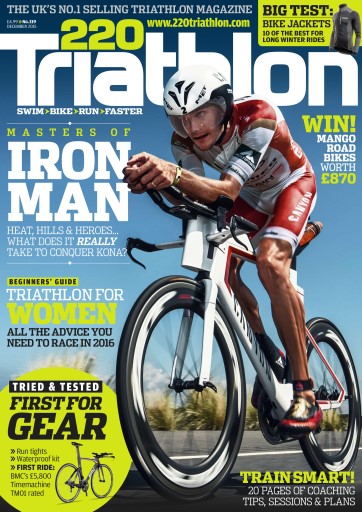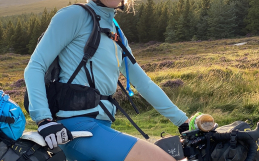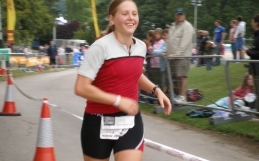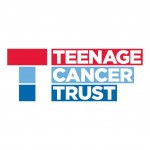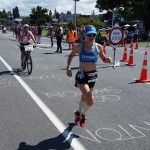220 column 1
“Moral strength is about making a conscience decision to be a person who doesn’t give up when it would be easy to…. …None of us get out of life alive. So be gallant, be great and be grateful for the opportunities that you have.”
This is an excerpt of a speech given by an 18-year old head-boy at his final school assembly [link]. Empowering stuff by any teenager, even more so given that he was receiving intensive chemotherapy for a rapidly growing and life-threatening cancer diagnosed one week previously.
I’m an oncologist by trade and in all honesty, am much more confident that I was (and hopefully will be again) an excellent oncologist than I am a good triathlete. Listening to this speech online got me thinking about the lessons I’m learning in my alternative ‘career’ as a triathlete. When I was talking to my bosses about the possibility of taking time out of work for triathlon I told them that I’d learn loads that would make me a better doctor in the long run. At the time I thought I was just saying this in an attempt to persuade them chasing triathlon dreams wasn’t a waste of time. Yet actually, the longer I race and train as a pro the more I recognize that I am developing a skillset, both practical and personal, that I hope in the long term will translate into being a better doctor.
On a day-to-day basis, being a full time athlete is a selfish pursuit. When you spend all day thinking about how to make yourself faster at swim, bike and run it’s hard to pin-point ways in which you’re making a difference to anyone else. When I actually think about what I’m doing with my life, I often ask myself ‘Is it enough? What’s the point of spending every waking minute trying to get faster?’ I guess these feelings always surface more at the end of the season, when the highs of racing have dissipated and the next season isn’t yet planned. As a doctor, even on the really bad days, you leave work knowing that you’ve done something useful. As an athlete that’s simply not the case.
Yet when I rationalize it, I know that, while on a day-to-day basis what I’m doing may feel pretty selfish and single minded, on a bigger level, there is a point to it. The lessons I’m learning on a personal level will make me a better doctor in the long run. Facing up to my fear of failure in Kona this year (last year I walked all but 5 miles of the marathon and was the last pro finisher) was massive for me and I know my journey in triathlon has changed me for the better. Perhaps most importantly I’ve proved to myself that failure is only failure if it stops you trying again. Triathlon truly is a metaphor for life. Seeing my friend and training partner James finally qualify for Kona on his 6th attempt emphasized this to me. Passion. Patience. Perseverance. Three essential attributes for an athlete, but all equally important in other walks of life.
And on a practical level, the lessons in business and marketing that I’m learning are providing me with a skillset that most doctors never get the opportunity to develop. And if I can make a difference to just one or two people through the talks I do, perhaps that’s enough to justify my triathlon a little bit – at least to me.
But, putting that aside, I only do triathlon is because I love it. We all do triathlon because we want to be doing it. We choose to make ourselves hurt and, unlike cancer patients, we can choose when to make it stop. Ultimately, I’ve come to the conclusion that, as long as we enjoy the process there doesn’t necessarily have to be a deeper meaning to triathlon. We train because we want to train and we race because we want to race. If things don’t go our way, we can put it in perspective and remember that, at the end of the day, it is just triathlon. There are far more important things in life. Perhaps there doesn’t need to be more of a point to triathlon than that of pursuing a passion. Perhaps we only need to ask ourselves ‘What’s the point?’ when triathlon stops being a passion and becomes a chore.
‘Be gallant, be great, and be grateful for the opportunities that you have.’
Poignant words to take with us into 2016.
And as an aside, if any of you are wondering whether 2016 may be the year you tackle a half-ironman for the first time…. Why don’t you think about joining my Teenage Cancer Trust team at Ironman 70.3 Staffordshire on June 12th? (insert link here when available) What better way to combine passion and a personal challenge with the opportunity to raise money for a truly fantastic cause.
